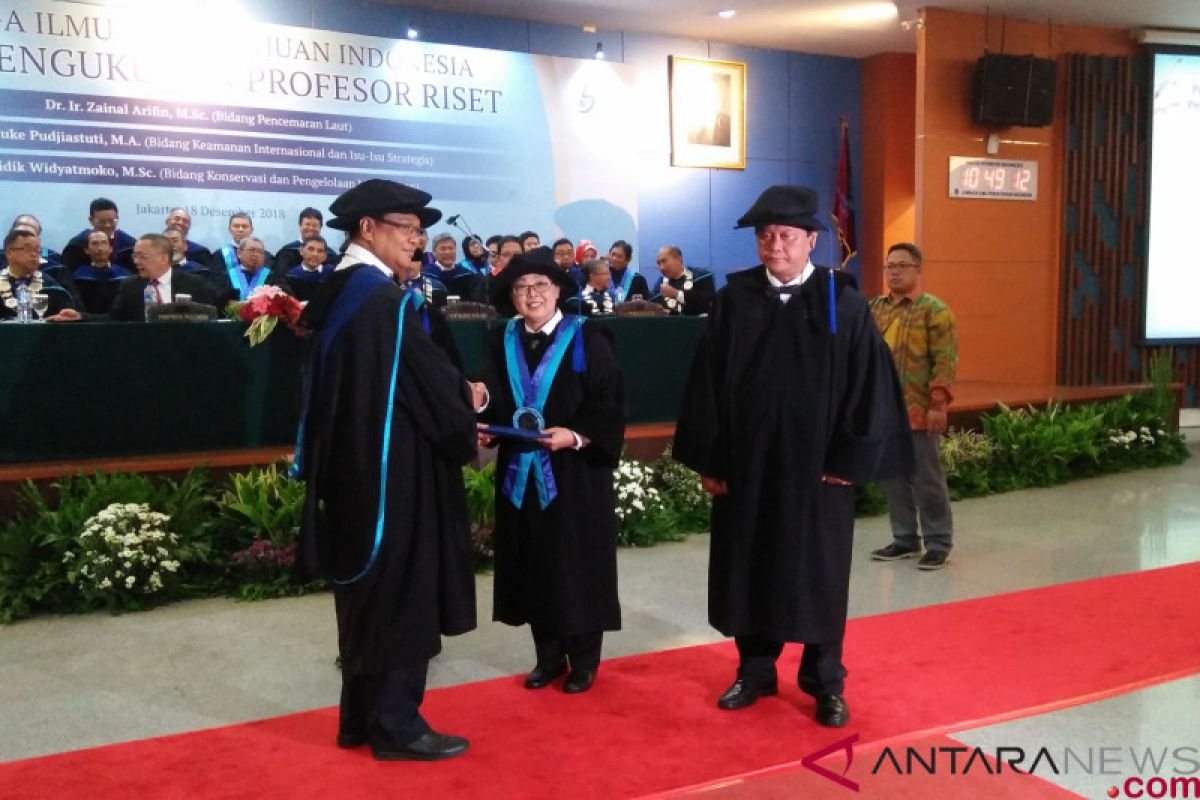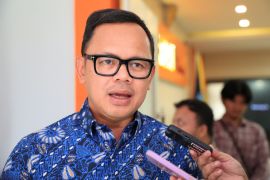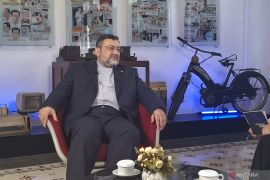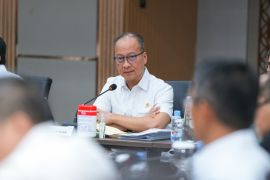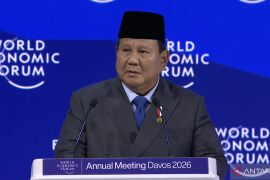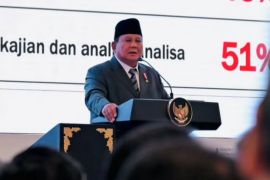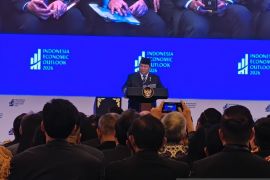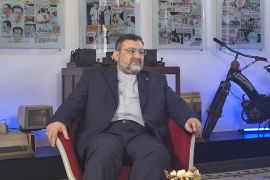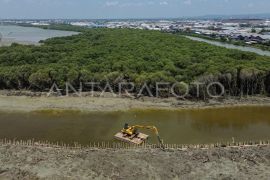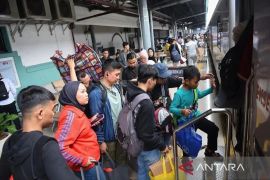The three researchers who were inaugurated here on Tuesday include Dr. Ir. Zainal Arifin, M. Sc; Dr. Tri Nuke Pudjiastuti, M.A; and Dr. Didik Widyatmoko, M. Sc.
The three researchers are engaged in marine pollution and bio-remediation; politics and ASEAN migration management; and plant conservation, respectively.
In his speech, Arifin stated that industrialization, urban development, and urbanization were the most significant factors affecting the quality of coastal ecosystems.
"The beaches of the cities along the northern coast of Java, the east coast of Sumatra, and parts of the west and east coasts of Kalimantan tend to have higher levels of heavy metal contamination than those in eastern Indonesia, such as Maluku, West Nusa Tenggara, and Papua," Arifin explained.
He noted that several factors that influenced such condition included industrial activities, which were concentrated along the coasts; high levels of urbanization; and unmanaged urban growth.
Arifin pointed out that there were three important data that should be obtained, namely specimens of heavy metals in sediments, development of bio-culture of species, and development of heavy metal toxicity contained in local species.
"The integrated analysis of these three data and changes in people`s behavior will strengthen the efforts to manage coastal ecosystems in Indonesia to make marine biological resources healthier and safer for consumption," he remarked.
Meanwhile, Tri Nuke Pudjiastuti revealed the need for new meaning regarding the principle of non-interference for handling forced migration within the ASEAN framework.
"Cox?s Bazar, Bangladesh, which is the largest Rohingya refugee shelter in the world, is a proof of the complexity of forced migration, which requires comprehensive handling," Pudjiastuti explained.
She explained that every effort to find a solution to the issue of forced Rohingya migration was entirely part of humanitarian diplomacy.
"It is necessary to change the mandate of the ASEAN Coordinating Center for Humanitarian Assistance on Disaster Management (AHA Center) on handling natural disasters and social disasters," she stated.
She expected ASEAN`s firmness in sorting out internal, transnational, and regional political security interests. "The sorting will affect ASEAN member countries stances and acts," Pudjiastuti elaborated.
Meanwhile, Widyatmoko revealed the threat of extinction of plant diversity in Indonesia.
"There are 386 endangered species in 2009, and the number has increased to 437 in 2018. If the number of almost endangered species is included, the total number will be 600 species," he noted.
According to Widyatmoko, innovation and conservation strategies for Indonesian plant conservation are very necessary, because more than 50 percent of tree species have commercial value.
"About 1.3 thousand plant species have medical values and have the potential to become food; yet, most of Indonesia`s rare plants have not been well studied," Widyatmoko explained.
He stated that the Botanical Garden has a very strategic conservation function because it currently manages around 104,761 specimens, consisting of 7,365 species, or about 34.4 percent of Indonesian flowers and fern plants.
"The scientific collection, in the form of priceless genetic reserves, is stored in 37 Indonesian Botanical Gardens, which make a very significant contribution to global conservation," he pointed out.
He added that the ex-situ (botanical garden) and in-situ conservation areas were major powers in the conservation of plants and have became major capital of the national economic and social developments.
The inauguration of the three LIPI research professors today is the 510th, 511th, and 512th inauguration of 8,734 researchers working at LIPI.
Reporting by Aditya Ramadhan
Editing by Libertina, Andi Abdussalam
Reporter: antara
Editor: Heru Purwanto
Copyright © ANTARA 2018
